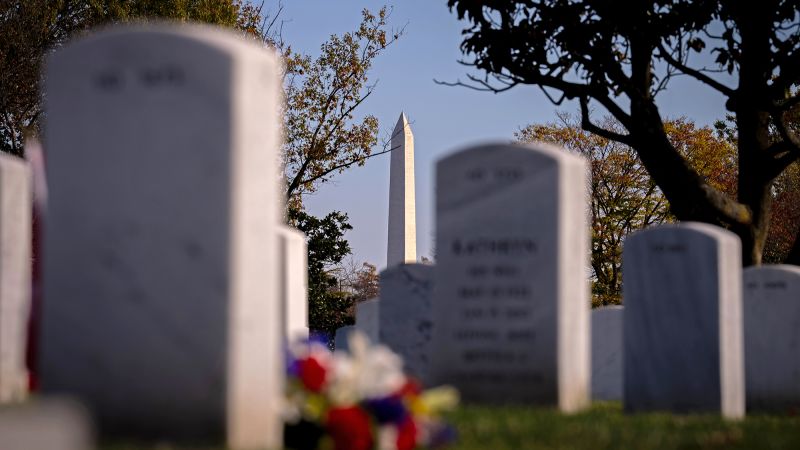President Donald Trump recently proposed renaming Veterans Day to “Victory Day for World War I” and designating May 8 as “Victory Day for World War II.” Trump expressed his desire to celebrate US victories in both wars and criticized the lack of celebration for such achievements. While Trump did not specify if May 8 would become a federal holiday like Veterans Day, he emphasized the need for stronger leadership to commemorate victories.
Veterans Day originated as Armistice Day in 1938, dedicated to promoting world peace and honoring World War I veterans. After World War II and the Korean War, it was renamed Veterans Day in 1954 to honor all US veterans. Today, Veterans Day recognizes veterans from various conflicts, including Vietnam, Iraq, and Afghanistan.
In contrast, Memorial Day, established in 1888 as Decoration Day, honors those who sacrificed their lives for the country. Trump’s proposal for May 8 as “Victory Day for World War II” overlooks the official end of the war on September 2, 1945, with Japan’s surrender aboard the USS Missouri. Despite Trump’s push for celebrating US victories, historical dates and the significance of events like V-E Day and V-J Day remain pivotal in marking the end of World War II.

